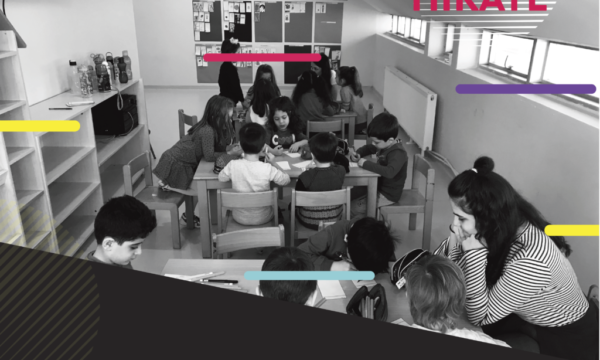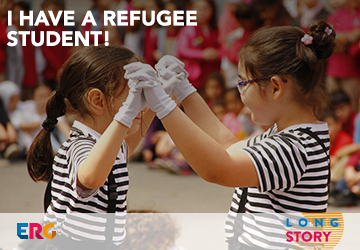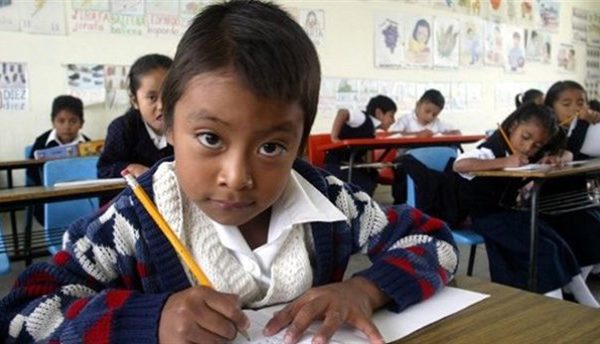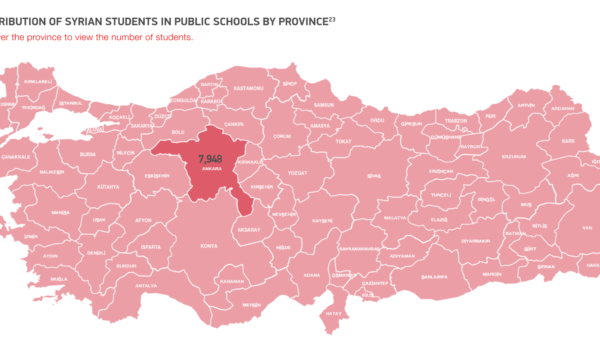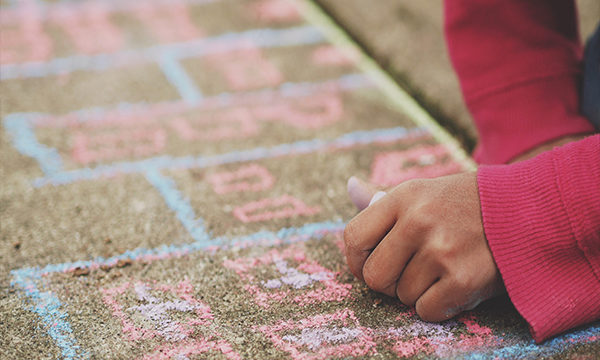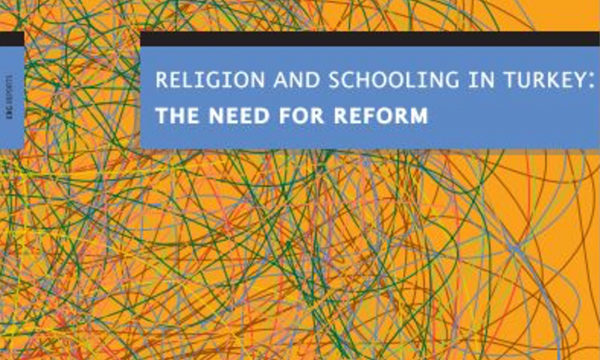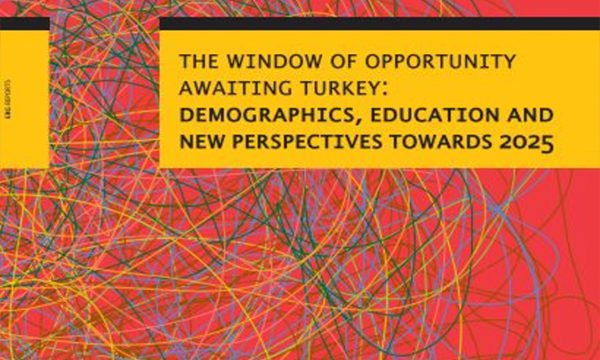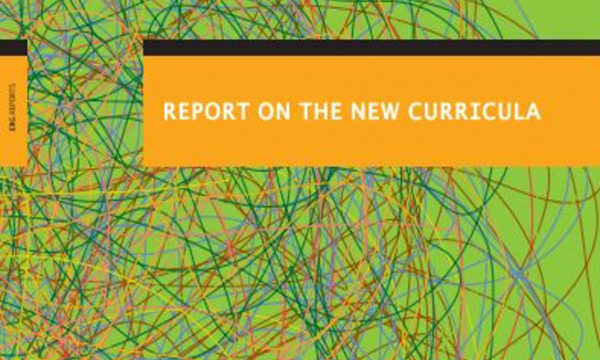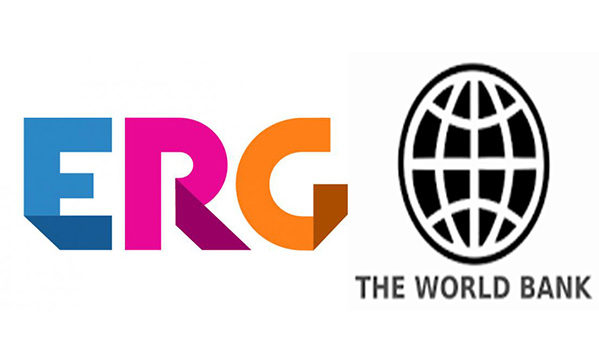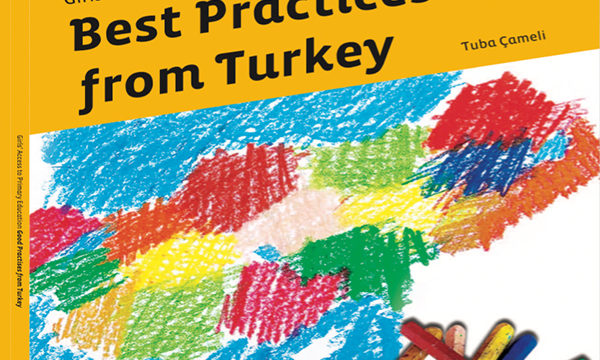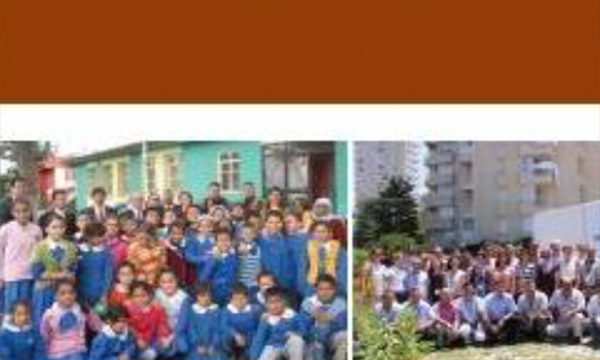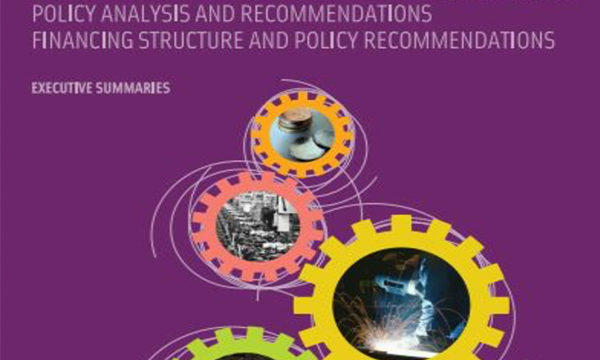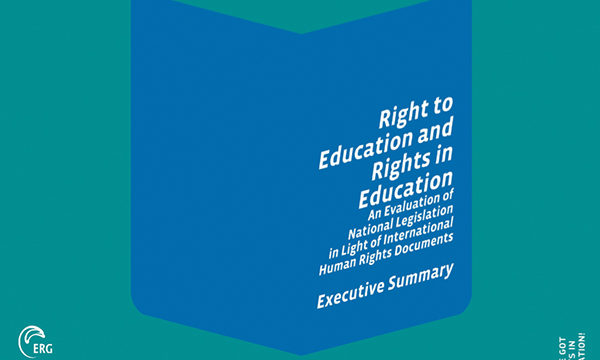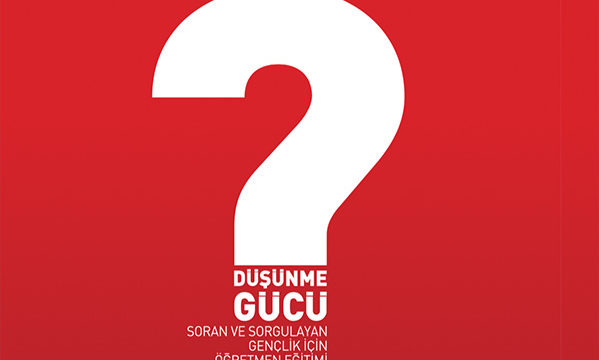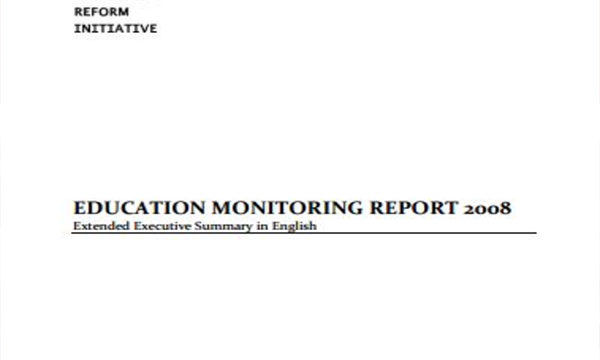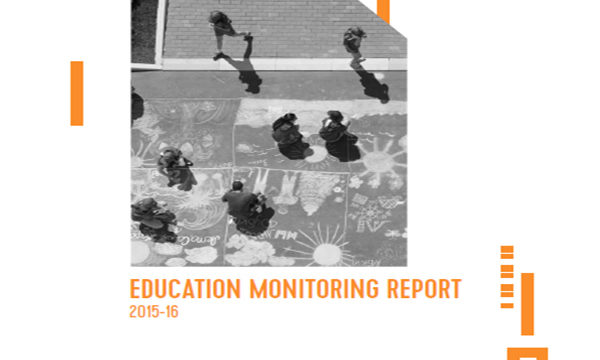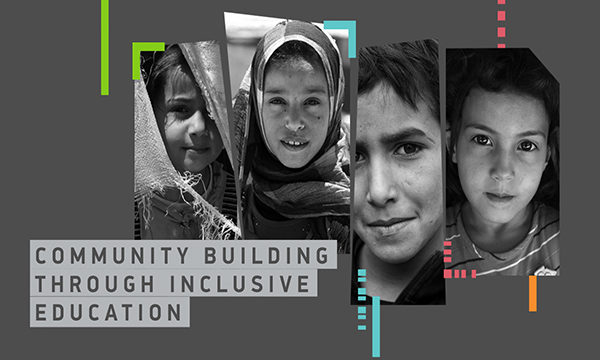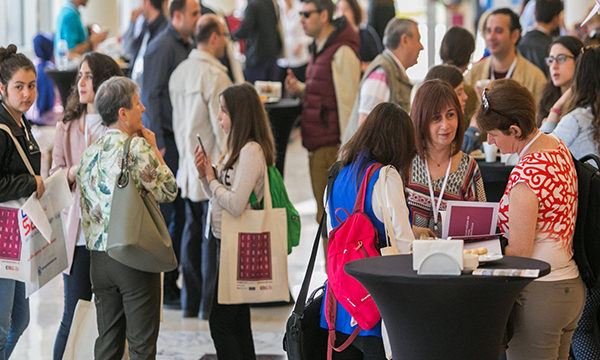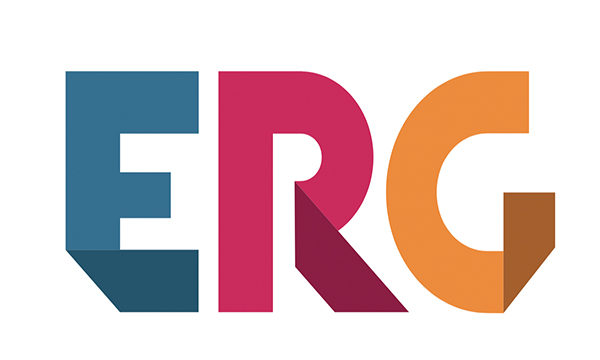New York Times, Ayşegül Sert
The term “New Turkey,” meticulously coined and methodically delivered by the government to penetrate the public psyche, and reiterated during the campaign for Recep Tayyip Erdogan’s bid for the presidency, continues to reverberate long after he has won.
The slogan encompasses a series of political, economic and social reforms aimed at creating a dominant and conservative Turkey, and promoting the emergence of a religious lower and middle class. Following a restructuring of its institutions, Turkey’s secular image has come under scrutiny. Secularism in schools has been undergoing a transformation that signals a reticence on the part of the ruling Justice and Development Party, or A.K.P., to separate religion from politics.
According to a report by the Education Reform Initiative, or E.R.I., a nongovernmental education think tank in Istanbul, there has been a 73 percent increase in the number of religious vocational schools, known as imam-hatip, in the country since 2010. While the schools offer a general academic curriculum, they also provide compulsory Islamic teaching, principally Sunni, which represents the majority of the country’s 77 million population.
More than 16 million students began the school year in September. As a result of a new placement policy, nearly 40,000 of them, including some non-Muslims, found themselves automatically assigned to religious vocational schools, often against their will. Many parents have demanded transfers, a difficult bureaucratic task on several counts, but mainly because of a lack of vacancies. Some critics argue that this reflects a deliberate assimilation project aimed at nationwide Sunni indoctrination.
“Education is a strong tool to control or to drive demands,” said the director of E.R.I., Batuhan Aydagul. “If you narrow down the supply of education on one level and expand imam-hatip-type schools on the other, there is a risk of creating circumstances where children can’t easily find placement in a regular school. They find themselves — not necessarily out of choice but out of obligation — in an imam-hatip. We are concerned that there is reverse discrimination.”
A few years ago Mr. Erdogan, then prime minister, publicly reminisced on how he had felt discriminated against for attending such a school. Turkey used to strictly monitor religion then, with the purpose of protecting the secular view of democracy promoted by Mustafa Kemal Ataturk, the founder of modern Turkey. But in 2012 Mr. Erdogan overtly expressed a wish to “raise a religious youth,” signaling a reversal of the trend.
“Turkish education has been dominated by a militaristic state focus for a long time. There was much need for democratization in the system, and there has been some progress since the A.K.P. came to power,” Mr. Aydagul said. “The challenge is that these democracy reforms are not for all but are aimed at a specific few. We expect the government to think about all the ethnic and religious groups in a pluralistic way. It’s not just what the majority wants; it’s also about what the minority wants.”
The European Court of Human Rights recently ruled that Turkey had violated the rights of its minorities because its mandatory religious and ethics classes were based on Sunni Islam and did not take into account other religions.
Many universities in Turkey now have mosques on their campuses. In Tunceli, an eastern province with a large Kurdish population, the main religion is Alevism, a branch of Islam not officially recognized by the government though it is practiced by 10 to 15 million people in Turkey. Last month, Tunceli University announced plans for a mosque and an Alevi house of worship, or cemevi, on its premises, to be financed by the Directorate of Religious Affairs, which is affiliated with the prime minister’s office.
“We’re predominantly Alevi here, and we already have a place of worship. This cemevi plan is just window dressing. Their ultimate goal is to plant a mosque here,” said Sibel Tas, a 34-year-old high school teacher in Tunceli. “The community has urgent needs. Some students had to withdraw from enrollment due to lack of accommodation.”
“These dynamic youths are being molded into average yes-men rather than critical thinkers,” she added.
Muslims make up more than 90 percent of the country, but society is growing increasingly polarized. A change in the dress code last month stirred up controversy by allowing girls, starting around age 10, to wear head scarves at school.
“You enjoy the right to wear the head scarf or not, but nothing states you must,” said Nurullah Genc, an academic with close ties to the government.
Religious symbolism in public institutions has been carefully watched throughout Modern Turkish history. The A.K.P. has challenged this, saying it goes against individual freedom. “It is a matter of choice. It is freedom,” said Mr. Genc, referring to the head scarf law.
But in the 12 years since the A.K.P. came to power, freedom of speech, freedom of assembly and freedom of the media have come under mounting pressure.
Asked whether the state-sponsored schools served as a bulwark against religious radicalization or a breeding ground for it, Mr. Genc said, “I am an imam-hatip graduate. These schools play a significant role in the building of a healthy state and nation. Where in Turkey has an imam-hatip alumni been a murderer, a thief, thrown a Molotov cocktail, founded an underground organization, become a terrorist or a drug addict? The number is low, close to none, when compared to other educational systems.”
But Mr. Aydagul expressed concern over the future of Turkey’s education system. “Turkey needs active citizens who are democratically empowered, competent in the basic skills needed in today’s society and economy,” said Mr. Aydagul. “Any failure to provide this through education would jeopardize the well being of the country. Today access to quality education depends on socioeconomic background, and for a country that has glorious and ambitious aims, this situation should be worrying.”

